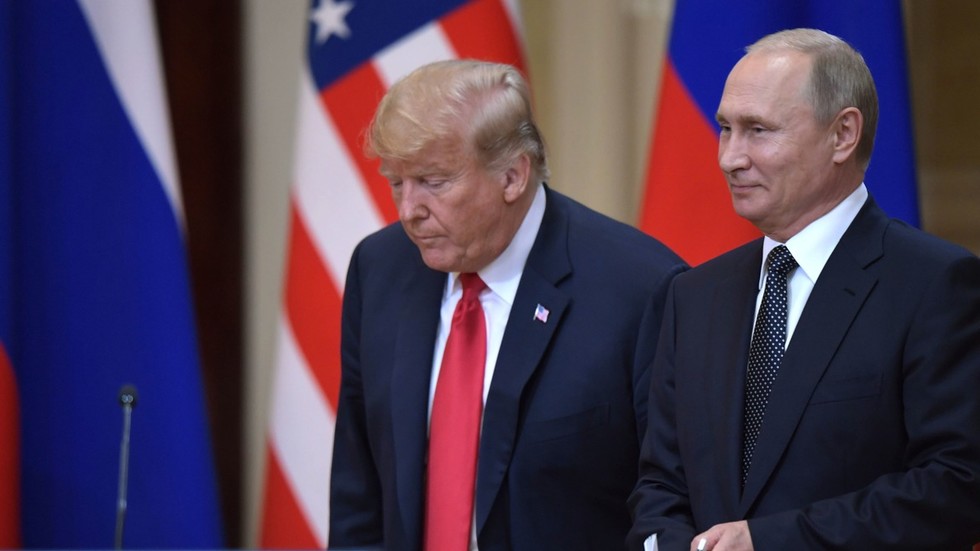
Tulsi Gabbard, the newly confirmed
Director of National Intelligence
(
DNI
), has made history in multiple ways. As the chief intelligence officer of the United States, she now oversees 18 intelligence agencies, including the CIA and NSA, and serves as the principal intelligence advisor to the president. Beyond the political implications of her appointment, there has been renewed curiosity about her background, particularly whether she is of Indian origin.
The short answer is no—Tulsi Gabbard does not have Indian ancestry. She was born in
American Samoa
to a diverse family background. Her father, Mike Gabbard, is of Samoan and European descent, while her mother, Carol Porter Gabbard, is of European heritage. Despite her lack of Indian lineage, she has a well-documented connection to
Hinduism
, a faith that is predominantly associated with the Indian subcontinent.
Gabbard’s spiritual journey into Hinduism has played a significant role in her personal and political life. Raised in a multifaith household, she gravitated toward Hindu philosophy as a teenager, particularly the teachings of the Bhagavad Gita. Over time, she aligned herself with the
Vaishnava tradition
, which emphasizes devotion to Krishna. Her deep commitment to Hinduism has been evident throughout her career—she took her congressional oath on the Bhagavad Gita and has often spoken about the values of karma yoga (selfless action) and bhakti yoga (devotion) in public life.
However, her religious background has also sparked controversy, particularly regarding her alleged ties to the
Science of Identity Foundation
(SIF), a religious organization founded by Chris Butler. SIF, often described as an offshoot of the
Hare Krishna movement
, has been criticized for its cult-like structure and strict adherence to Butler’s teachings. Gabbard’s childhood association with the group, along with her family’s involvement, has led to speculation about Butler’s influence on her political career. Critics argue that her ties to SIF could raise concerns about bias or external influence in her role as DNI, where objectivity and independence are crucial.
Despite these criticisms, Gabbard has sought to distance herself from SIF, stating that she does not follow Butler’s teachings and instead identifies as a Vaishnava Hindu. Her supporters argue that her religious beliefs should not be used against her, especially when many American politicians openly practice their faith.
Gabbard’s appointment as DNI is groundbreaking not only because she is the first Hindu to hold the position but also because of her unorthodox political trajectory. A former Democratic congresswoman, she later aligned herself with conservative figures and endorsed Donald Trump. Her
foreign policy positions
, including her willingness to engage with authoritarian leaders and her criticism of US interventionism, have often placed her at odds with both major parties.
As she takes on the role of Director of National Intelligence, Gabbard faces significant challenges, including skepticism from lawmakers on both sides of the aisle. While her Indian connection remains spiritual rather than ancestral, her leadership in the intelligence community will be closely watched, especially given the ongoing scrutiny of her past affiliations.

 4 hours ago
3
4 hours ago
3







